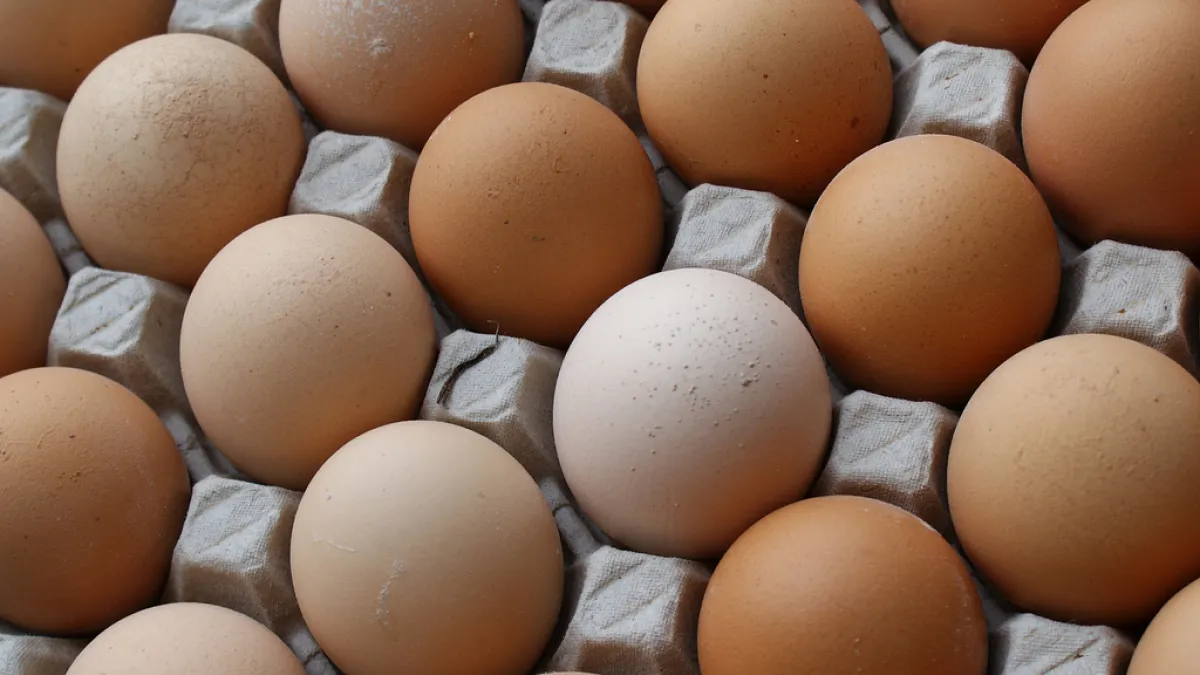
Defying concerns about tariff-driven price increases, the 12-month inflation rate fell to 2.3% in April, the Labor Department announced Tuesday. The results were better than expected by a tenth of a point, and the lowest 12-month inflation rate since February 2021.
From month to month, the consumer price index rose 0.2%, reversing the surprise 0.1% drop in March but matching expectations. The core inflation rate, which ignores volatile food and fuel prices, was also 0.2% on a monthly basis, and the 12-month core rate was 2.8%.
The cost of shelter was the main driver of inflation in April, with prices rising 0.3% from March, accounting for more than half of the overall number. Energy prices were up, too, rising 0.7%. Food prices fell slightly, down 0.1% monthly, as egg prices declined sharply, tumbling 12.7% on a monthly basis, though still 49.3% higher on a 12-month basis.
What experts are saying: Despite the relatively good numbers, many analysts remain concerned about the threat of inflation. “Bottom line, this was a good inflation report,” said Peter Boockvar, the chief investment officer of Bleakley Financial Group, per The Wall Street Journal. “But this does not really capture yet the response to tariffs.”
Andy Schneider, U.S. economist at BNP Paribas, said he didn’t take much comfort in the report. “There are a lot of worrying factors telling us inflation will strengthen going forward,” he added.
Last week, analysts at Goldman Sachs said the rush to preorder goods ahead of the tariffs may delay price increases, but only for a little while. Unless and until the tariffs are eliminated or sharply reduced, price hikes seem inevitable.
Joseph Brusuelas, chief economist at RSM, said there was nothing in the report to persuade him that the threat of inflation has dissipated. “We expect the rollercoaster ride to lead to inflation of 4% or greater by the end of the year because of trade policy and what appears to be a baseline 10% increase in tariffs for almost all goods,” he said in a research note.